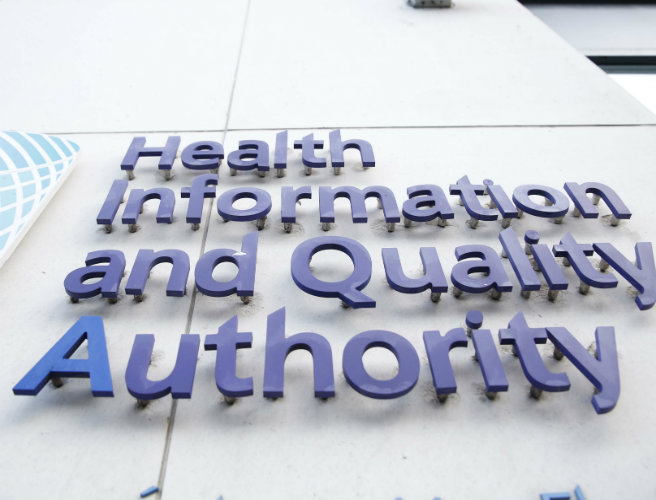By Dr. Kamal Kant Kohli,Medha Baranwal
Copyright medicaldialogues

Taiwan: Women with a history of gestational diabetes mellitus (GDM) may face a substantially higher likelihood of developing thyroid-related conditions later in life, according to new research published in Frontiers in Endocrinology. The study, led by Yu-Hsiang Shih and colleagues from the Department of Obstetrics and Gynecology at Taichung Veterans General Hospital, Taiwan, highlights the need for long-term thyroid monitoring in this group, particularly among older and overweight women.Gestational diabetes is a common pregnancy complication marked by high blood sugar levels, but its impact often extends well beyond childbirth. The investigators aimed to clarify whether women diagnosed with GDM were more susceptible to thyroid dysfunction and thyroid-related diseases over the long term compared to those without GDM.For this purpose, the team conducted a retrospective cohort study using data from the TriNetX U.S. Collaborative Network, which compiles electronic health records from over 80 healthcare institutions. The study population included women aged 16 to 45 years who had pregnancies between 2001 and 2015. Those with pre-existing diabetes, thyroid disease, hypertension, thyroid surgery, or preeclampsia were excluded to avoid confounding. GDM cases were identified using diagnostic codes, and participants were followed for up to 20 years.To minimize bias, the researchers applied propensity score matching, ensuring comparable groups based on age, race, obesity status, smoking, and alcohol use. They then tracked the incidence of specific thyroid disorders—including hyperthyroidism, hypothyroidism, thyroiditis, Hashimoto’s thyroiditis, toxic and non-toxic goiter, benign thyroid tumors, and thyroid cancer—over the study period. The study led to the following findings:Prior gestational diabetes mellitus (GDM) was linked to a 60% higher risk of hyperthyroidism.Women with GDM had a 33% higher risk of hypothyroidism.A 55% higher risk of thyroiditis was noted in women with GDM.Hashimoto’s thyroiditis risk was 37% higher in those with prior GDM.The risk of toxic goiter increased by 70% and non-toxic goiter by 26% in women with GDM.No association was found between GDM and thyroid cancer or benign thyroid neoplasms.Risks were particularly elevated among women aged 35–45 years and those with a body mass index above 25.While the results point to a strong association, the authors noted several limitations. The reliance on ICD codes to define GDM may have introduced variability, as diagnostic standards differ across healthcare systems. The study also lacked details on parity, timing of GDM onset, pregnancy outcomes, or thyroid function during pregnancy, which could have provided additional context.Despite these constraints, the findings highlight a crucial message: women with GDM may carry a lasting vulnerability to thyroid dysfunction. The researchers emphasized the importance of ongoing surveillance for thyroid health, particularly among older and overweight women, to enable timely detection and management.”The work adds to growing evidence that pregnancy complications can have enduring health consequences, extending far beyond the postpartum period,” the authors concluded.Reference:Shih, Y., Hsieh, C., Wang, S., Lu, C., & Tseng, J. (2025). Gestational diabetes: A contributor to long-term thyroid dysfunction and disease. Frontiers in Endocrinology, 16, 1656498. https://doi.org/10.3389/fendo.2025.1656498



